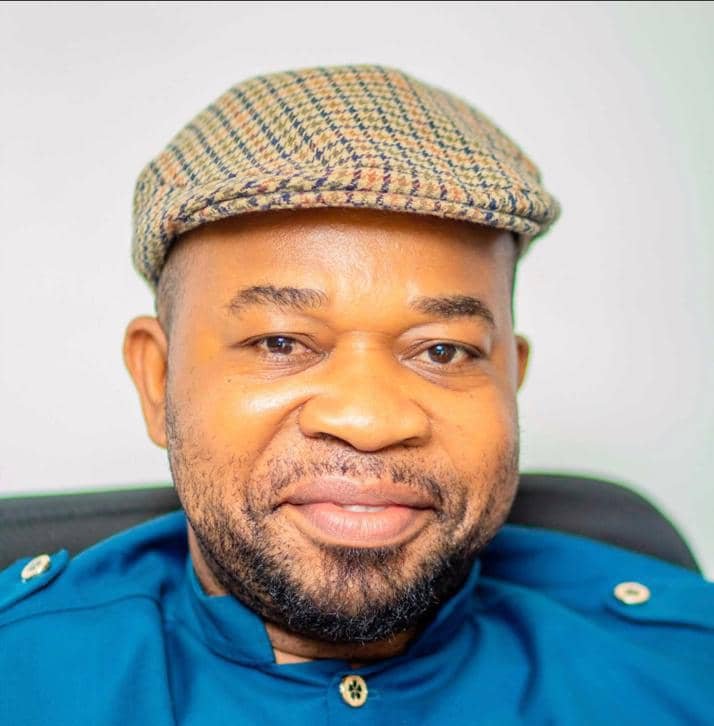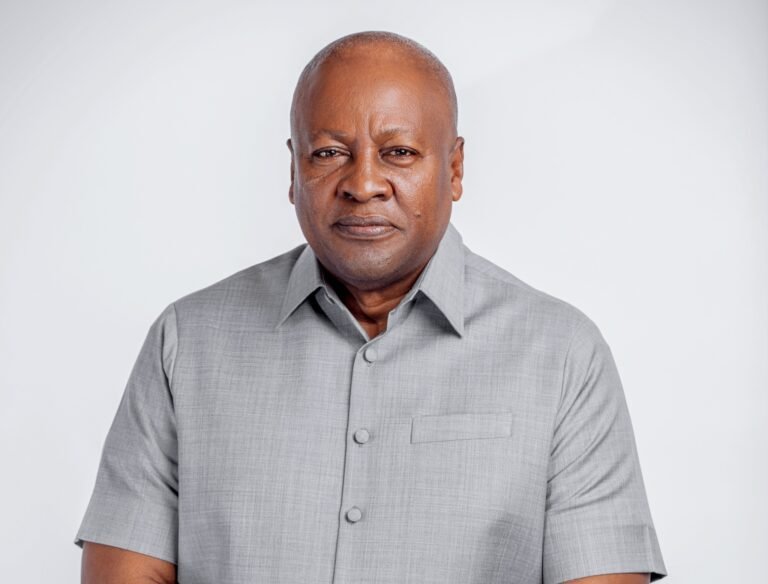
For the umpteenth time since the late 90s, we have on our hands the embarrassing story of exam papers for senior high schools leaking across the country – and popping up even on social media platforms.
Decades ago, such cases were isolated, with a couple of elite schools alleged to be the guiltiest offenders. Today, however, it is becoming widespread.
Unfortunately, when such embarrassing situations arise, innocent students are lumped together with the guilty monitoring authorities, and their papers cancelled.
Train a child
As we would admit, learning is a process; and serious kids are required to learn from kindergarten through elementary schools to the tertiary institutions.
Refusing to learn, and hoping for some ‘ways and means’, including, invigilator support, leaked papers or assistance from a colleague sitting by you, is not a sure way to develop as responsible citizens who are ready to contribute to nation building in the public or private sector.
Unfortunately, not most parents take a keen interest in their kids’ education by assisting them to do homework or monitoring their grades, or even following up by talking to their teachers over the character and performance in school.
Additionally, we seem to be discouraging attendance at libraries for others such as social media for information and knowledge that facilitate healthy education
In our opinion, this is part of the reason behind the recurring incidence of leakage of paper and invigilator complicity in examination malpractices that are hitting our schools.
Instead of major stakeholders telling us how they are dealing with the situation, in terms of corrective measures, all they do is offer us a glib public relations menu.
WAEC responsibility
We do not need anybody to tell us we have had huge challenges in the quality of education we are offering our kids since the introduction of the ‘JSS’ system, with the political advocates sending their kids outside or to the elite private schools.
In all of that, the fact that we have students coming in droves from communities across the sub-region to access our education should be enough incentive to maintain our traditional standards as a destination of quality education.
That puts an obligation on the West Africa Examinations Council (WAEC) to sanitise its structures and ensure that its services are credible and beneficial to students. It should not add to the woes of the students by ‘pampering’ them with support that is likely to limit their innate strength to perform beyond the classroom into the factory floor or public space.
Cheating
If we teach our youth and kids to cheat, we risk developing them into corrupt officials who must cheat to perform and cheat to lead as teachers, soldiers, policemen, wives and husbands as well as lawyers, politicians, doctors, nurses, engineers, bankers and pastors.
Worst is that, beyond that culture of breeding greed, we indirectly encourage banditry, hooliganism and crimes of all sorts as shortcut to success.
Little wonder, the fruit of moral decay that shows up in crime and, particularly, in our annual audit reports as a nation.
Where the buck stops
While ordinary citizens and education stakeholders wonder the way out of this malaise, we believe the WAEC leadership has a responsibility to tell us how they intend to clean up the mess and commit themselves to a self-redemption plan.
Under President Nana Addo Dankwa Akufo-Addo, several cutting-edge initiatives have been put in place to provide hope to students at all levels to contribute meaningfully to the national transformational agenda.
We certainly do not need half-baked human resources to reignite that agenda. Indeed, what we need are honest, sincere and trustworthy citizens who can be relied on to handle basic schedules in serving Ghana and facilitating government’s initiatives aimed at improving lives and livelihoods.
WAEC can no longer take the creeping culture of loose processes and dodgy acts for granted. It must be responsible enough to begin a restructuring exercise that should enable it deliver quality human resource that benefits Ghana and the youth themselves.







